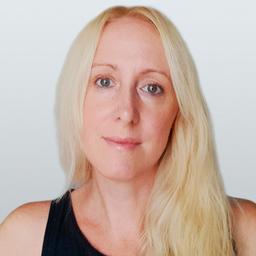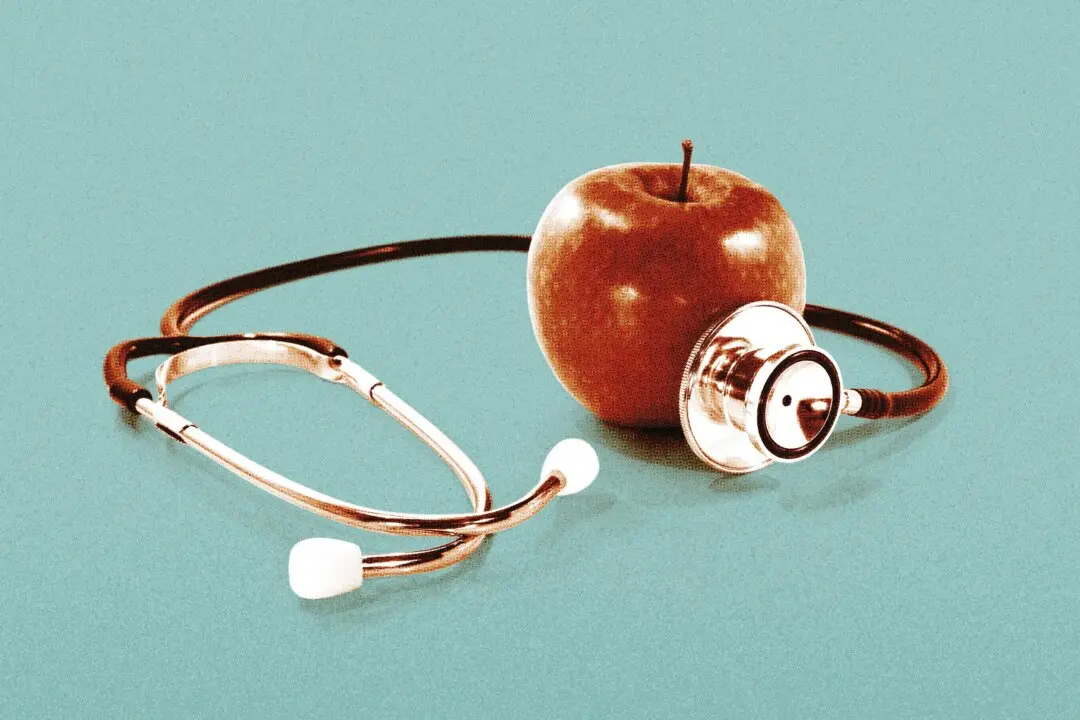The odds of being sleep deprived, defined as getting less than six hours of sleep a night for adults, has increased significantly in the past 30 years. An estimated 50 million to 70 million Americans suffer from sleep-related problems, and apparently, those numbers are on the rise.
The ever-increasing demands of our hectic lifestyles, a blurring of the lines between work and home life, and increased stress and anxiety from various factors contribute to our difficulties getting restful, rejuvenating sleep. According to the American Sleep Apnea Association, adults between 18 and 64 need seven to nine hours of sleep a night, and adults over 65 need between seven and eight hours.






